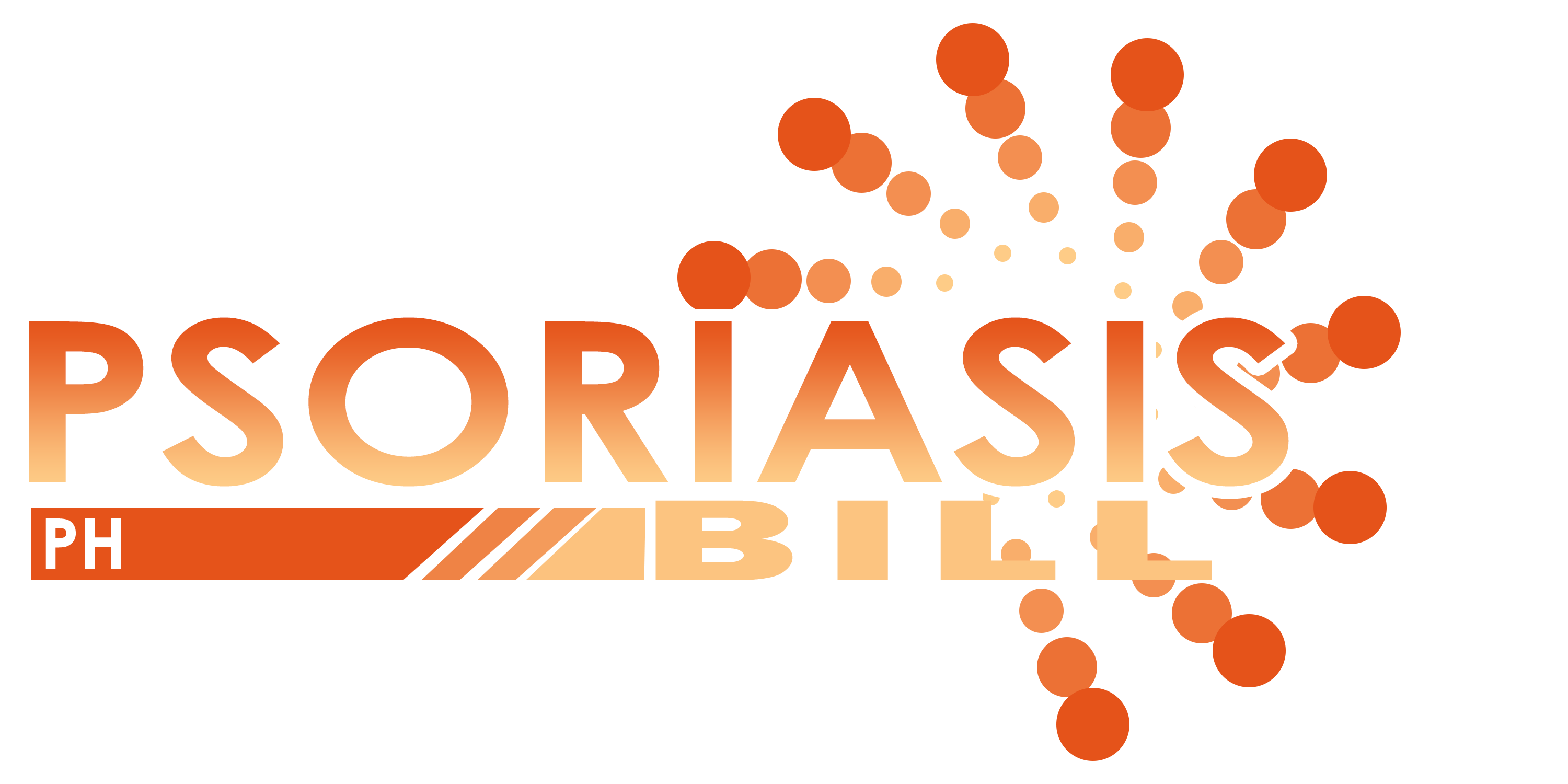SECTION 1. Short Title:
This Act shall be known as the “National Psoriasis Care Act”.
SECTION 2. Declaration of Policy:
Recognizing that psoriasis is a chronic, painful, disfiguring, and disabling non-communicable disease (NCD) for which there is no known cure, the State shall adopt an integrated and comprehensive approach to health development which includes the strengthening of integrative, multidisciplinary, patient and family-centered policies, programs, systems, interventions and services at all levels of the existing health care delivery system for people with Psoriasis.
Towards this end, the State shall endeavor to improve the quality of life of patients with psoriasis by scaling up essential programs and increasing investments for robust management of psoriasis, better screening, prompt and accurate diagnosis, timely and optimal treatment, responsive palliative care, and pain management, effective psoriasis care and late effects management and patient integration to society. It shall likewise make psoriasis treatment and care more equitable and affordable for all, especially for the underprivileged, poor and marginalized Filipinos.
SECTION 3. Definition of Terms.
As used in this Act:
- a. Allied health care professionals refer to trained non-psoriasis health professionals such as physicians, social workers, nurses, occupational therapists, recreational therapists, dietitians, among others;
- b. Carer refers to anyone who provides care for psoriasis patients and family members;
- c. Complementary care and treatment refer to an approach that improves the quality of life of patients and their families facing the problem associated with Chronic illness, through an extra layer of support based on the needs of patients, not on the prognosis.
- d. Comprehensive Psoriasis Care Center refers to a care center that is multidisciplinary and integrates clinical care, education and research to accelerate the care, control and prevention of psoriasis;
- e. Early Psoriasis diagnosis refers to the prompt evaluation and confirmation of psoriasis that can prevent the further exacerbation of the disease;
- f. Multidisciplinary patient care refers to an integrated approach to psoriasis care in which medical and allied health care professionals consider all relevant treatment options and develop collaboratively an individual treatment plan for each patient;
- g. National Psoriasis Care Program refers to the program of the national government for the comprehensive and integrated care and control of psoriasis in the Philippines;
- h. Optimal treatment and care refer to a quality treatment care that adheres to the standards of treatment and care based on evidence-based guidelines;
- i. Patient care pathway refers to the route that a patient shall take from their first contact with the health worker, through referral, to the completion of their treatment. It also covers the period from entry into a hospital or a health care facility, until the patient leaves;
- j. Patient navigation refers to individualized assistance, through all the phases of psoriasis experience, offered to patients, families and carers to help overcome health care system barriers and facilitate timely access to quality medical and psychosocial care beginning from pre- diagnosis and extending throughout the continuum of care;
- k. PsorCoach Program for Psoriasis refers to properly trained Patient Coaches and volunteers in providing PsychoSocial support for psoriasis patients, people living with psoriasis, their families and carers. It aims to navigate the patients in the healthcare system and encourage the people living with psoriasis to undergo the necessary care and treatment;
- l. Psoriasis refers to a non-communicable disease (NCD), is a chronic, painful, disfiguring and disabling inflammatory, immune-mediated disease for which there is no cure. Patients with psoriasis have elevated risk of having other chronic inflammatory disease such as cardiovascular diseases, Inflammatory Bowel diseases, diabetes, and other serious chronic NCDs;
- m. Psoriasis care refers to the strategies to reduce the incidence, morbidity, and mortality and improve the quality of life of psoriasis patients in a defined population, through the systematic implementation of evidence-based interventions for prevention, early detection, diagnosis and treatment;
- n. Psoriasis registry refers to a database that contains information about people diagnosed with various types of Psoriasis. The registry shall require systematic collection, storage, analysis, interpretation and reporting of data on subjects with Psoriasis. There are two (2) main types of Psoriasis registry:
- 1. Population-based Psoriasis registry, which refers to the collection of data on all new cases of psoriasis occurring in a well-defined population, including mortality and co-morbidities of patients with other disease; and
- 2. Hospital-based psoriasis registry, which refers to the recording of information on the psoriasis patients diagnosed and treated in a particular hospital.
- o. Psoriasis rehabilitation refers to a program that helps people with psoriasis maintain and restore physical and emotional well-being. Psoriasis rehabilitation is available upon diagnosis, and during psoriasis treatment;
- p. Psoriasis screening refers to the detection of psoriasis as soon as symptoms start to appear. This may involve a skin biopsy and other related laboratory tests;
- q. Psoriasis treatment refers to the series of interventions that are aimed at managing the disease and improve the patient’s quality of life, such as psychological and nutritional support, and drug therapy, which includes topical and systemic treatments, UV Phototherapy and biologic drugs; and
- r. Psychosocial Support Program refers to the assistance on nonmedical costs such as financial assistance, transient housing, transportation, food and nutrition and the like;
